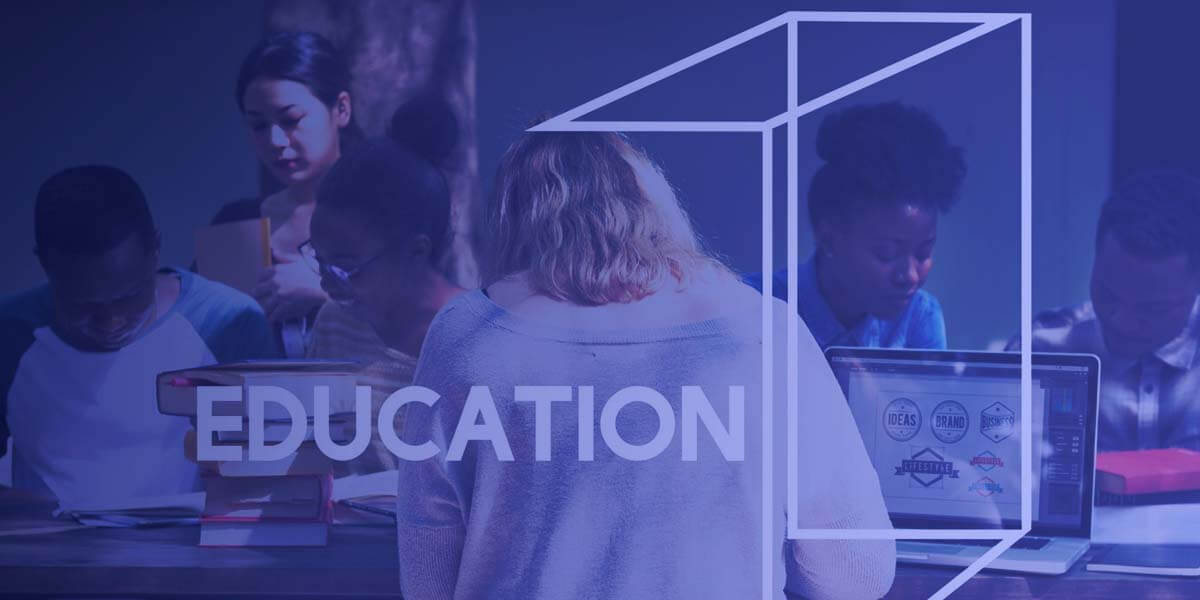Welcome to our blog where we delve into one of the most pressing questions of our time: Will artificial intelligence (AI) take over human jobs? This topic has sparked debates worldwide, with opinions ranging from alarm to optimism. Let’s explore the nuances, implications, and potential outcomes.
There’s no denying that AI has already started to transform various industries. Automation, driven by AI, has streamlined processes in manufacturing, logistics, customer service, and more. While this has led to increased efficiency and productivity, it has also raised concerns about job displacement.
One school of thought predicts widespread job displacement as AI automates routine tasks. However, history suggests that technological advancements often lead to the creation of new job roles. As AI takes over repetitive tasks, humans can focus on higher-level responsibilities requiring creativity, emotional intelligence, and critical thinking.
To adapt to the changing job landscape, it’s essential for the workforce to develop new skills. Skills such as coding, data analysis, problem-solving, and interpersonal communication are becoming increasingly valuable in the age of AI. Lifelong learning and upskilling will be crucial for staying relevant in the job market.
Some industries face a higher risk of disruption from AI compared to others. For example, roles in transportation, manufacturing, and retail are at a higher risk of automation. On the other hand, fields like healthcare, education, and creative arts may see less immediate impact due to the complex, nuanced nature of human interaction and creativity.
Beyond job displacement, there are ethical considerations surrounding AI deployment. Issues such as algorithmic bias, privacy concerns, and the ethical use of AI in decision-making processes need to be addressed. It is essential to prioritize transparency, accountability, and fairness in AI systems.
Rather than viewing AI as a threat, we should embrace it as a tool for augmentation. Humans and AI can complement each other’s strengths, leading to greater innovation and efficiency. Collaborative efforts between humans and machines can pave the way for a more prosperous future.
Wrap Up:
In conclusion, the debate over whether AI will replace human jobs is multifaceted and complex. While AI undoubtedly poses challenges, it also presents opportunities for growth and innovation. By fostering a culture of adaptability, lifelong learning, and ethical AI deployment, we can navigate the evolving job landscape and build a future where humans and AI thrive together. Remember, the key lies in embracing change and harnessing the potential of AI for the betterment of society.




